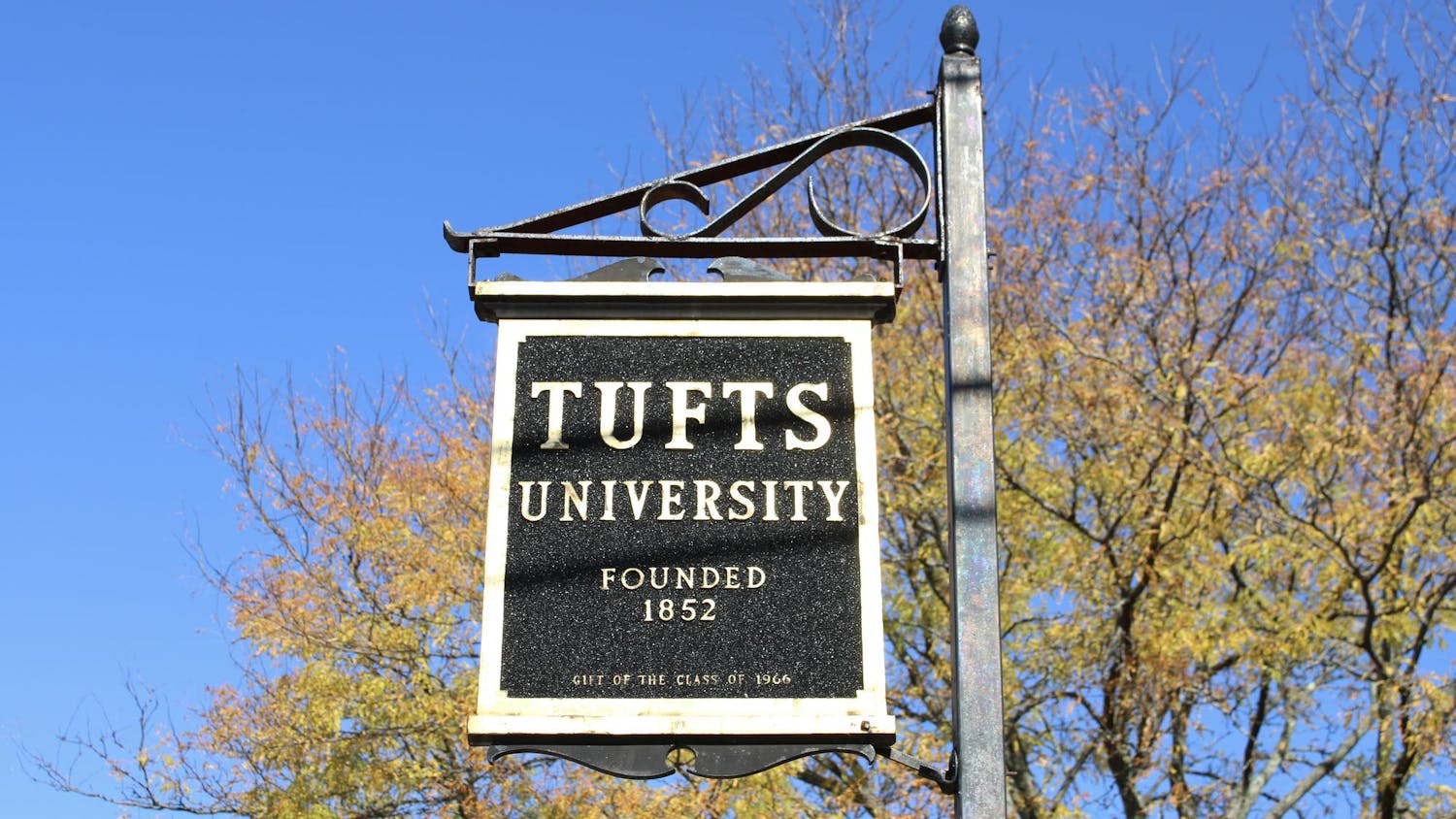The past few weeks at Tufts have been about two things:
- Listening: To sorority and fraternity members trying to come to grips with the uncertain futures of their organizations; to attempts by white, cisgender, heterosexual (the term for people attracted to people of a different gender) institutions to grapple with their heteronormative (the term for power structures which are oppressive to people who are not heterosexual), racist, transphobic, classist nature being exposed to the public eye; to privileged people becoming angrier over the possibility of someone disagreeing with them than I have ever seen less privileged people be over the far more serious injustices they experience on a daily basis. This anger and rage has always been present on Tufts' campus — it has simply never been as acceptable to speak up so loudly.
- Processing: my own complex feelings regarding the presence of Greek life on campus. I, a queer, transgender, white female, have found some of my best friends at Tufts through the Greek system. Despite my personal experiences with certain international Greek organizations (see the Nov. 7 Daily op-ed), I truly believe that sororities have much to offer individuals and our campus culture. I know and respect many people who, while acknowledging the horrific nature of events in the past, feel the same way about fraternities.
About a week ago, I talked with a friend about these fears in light of the news that spring recruitment had been cancelled and that consequently, a ban on Greek organizations seemed increasingly likely. This friend asked me a question: “How could removing frats cause more harm than frats themselves?” How could removing organizations that haze, that uphold heteronormative, racist, transphobic, power structures possibly do more harm that preserving them? The truth is, it can’t. It is clear that the presence of (theoretical) oversight by Tufts administration cannot hold frats to even the bare minimum of acceptable standards of behavior.
What, then, do we make of the community aspect of fraternities? What do we make of the brotherhood, the solidarity and the support that these men give each other in a world in which they are discouraged from showing emotion or admitting to complex emotional processes? Would it not be preferable to reform fraternities, to change them into forces of good? In short, yes. But what reform could be forced upon fraternities that would guarantee such results? The negative behaviors in question are already banned and not officially supported or sanctioned by the outward faces of the fraternities. The fact of the matter is, any serious effort to reform existing frats would fail. An attempt to fix these broken systems would ultimately foster a sense of alienation among the frats, likely leading them to simply continue disregarding the administration’s rules and regulations.
The stark reality is that the Greek organizations on campus — fraternities and sororities alike — are participatory in an international structure of violence. Local organizations are no exception to this. Despite not paying money and visibility to a larger entity, they normalize and promote the image of the chapters that do. This is not by any stretch a criticism or indictment of individual members of these organizations. For the most part, fraternity brothers and sorority sisters are wonderful people with good intentions. But this does not change the fact that they are complicit in supporting harmful institutions at a local, national and international level. Many of them are aware of this and use their positions within these institutions to work for meaningful change. This is a good and important fight, and it is by no means my intention to trivialize or neglect these efforts.
The fact remains, however, that the Greek system is an oppressive one. Our university, and every person who attends it, is complicit in this oppression. However, I have never been the type to offer a criticism without an accompanying suggestion for change. How can we continue to support the good that the Greek system has to offer, while simultaneously ceasing to support organizations that are harming students and supporting violent institutions beyond our campus?
The solution, while not simple, is straightforward: Abolish fraternities and sororities on campus, and provide frameworks for those that already exist to transition into non-residential organizations with emphases on social justice, shared interests and community building. Make them self-policing, and incentivize member education. Perhaps set up requirements for receiving university funding, including mandatory sexual assault workshops and sensitivity training. The university itself has work to do as well. Until sexual assault cases are properly investigated and prosecuted by the administration, the type of behavior that is often synonymous with fraternities will continue. These reforms would provide the social and communal benefits that are a positive part of the Greek experience, while largely dismantling the harmful aspects of Greek life.
At its root, this controversy represents an opportunity for this campus. Rarely before have we been presented with the chance to completely change the way we conduct ourselves as a university. The coming months will see many conversations about the proper way to deal with the role that Greek life should have at Tufts. This is a time for the voices of marginalized people to be heard and for “the voices you call ‘heteronormative, cisgender, queerphobic/transphobic’” to listen. This is a chance for the creation of a system which fosters unity and respect, rather than supporting violence and bigotry.
Editor’s note: If you would like to send your response or make an op-ed contribution to the Opinion section, please email us at tuftsdailyoped@gmail.com. The Opinion section looks forward to hearing from you.





